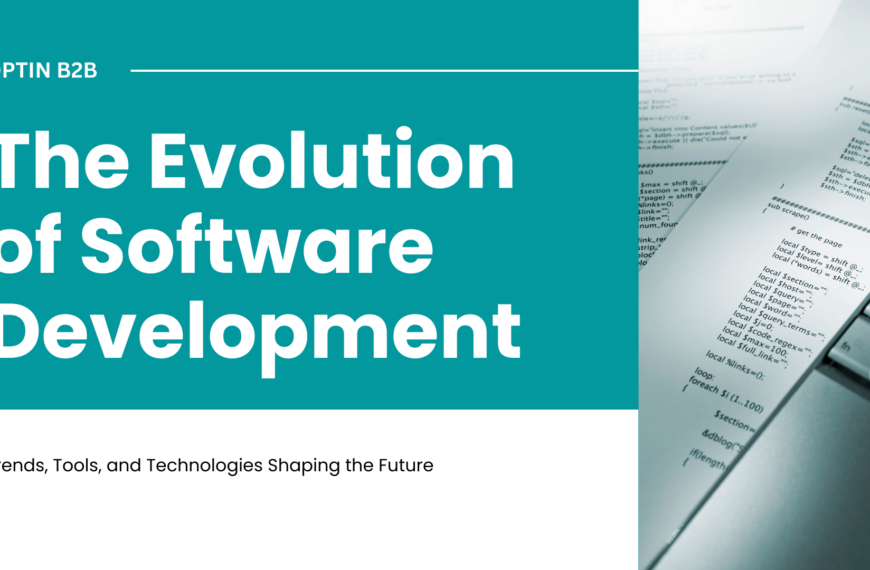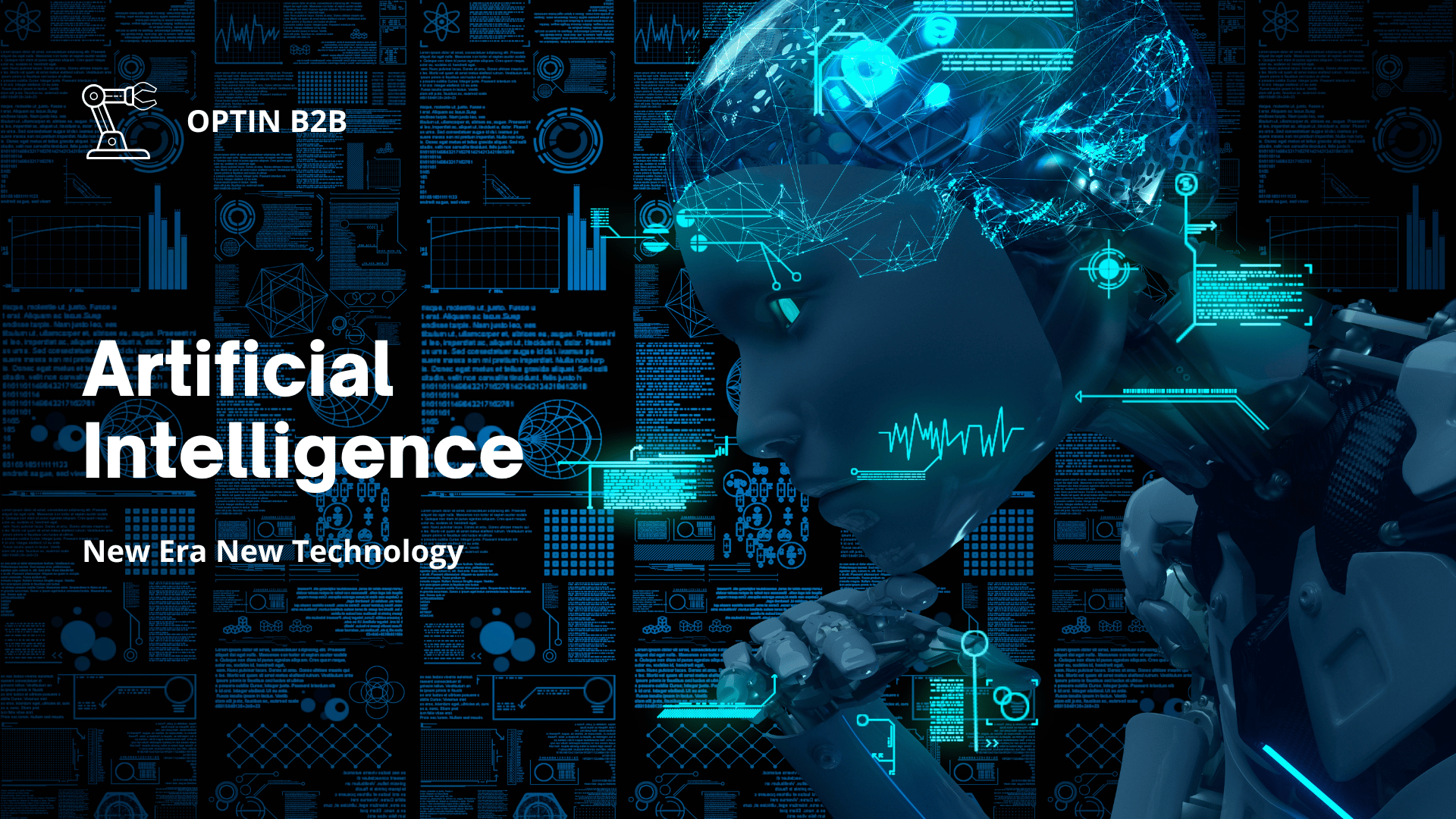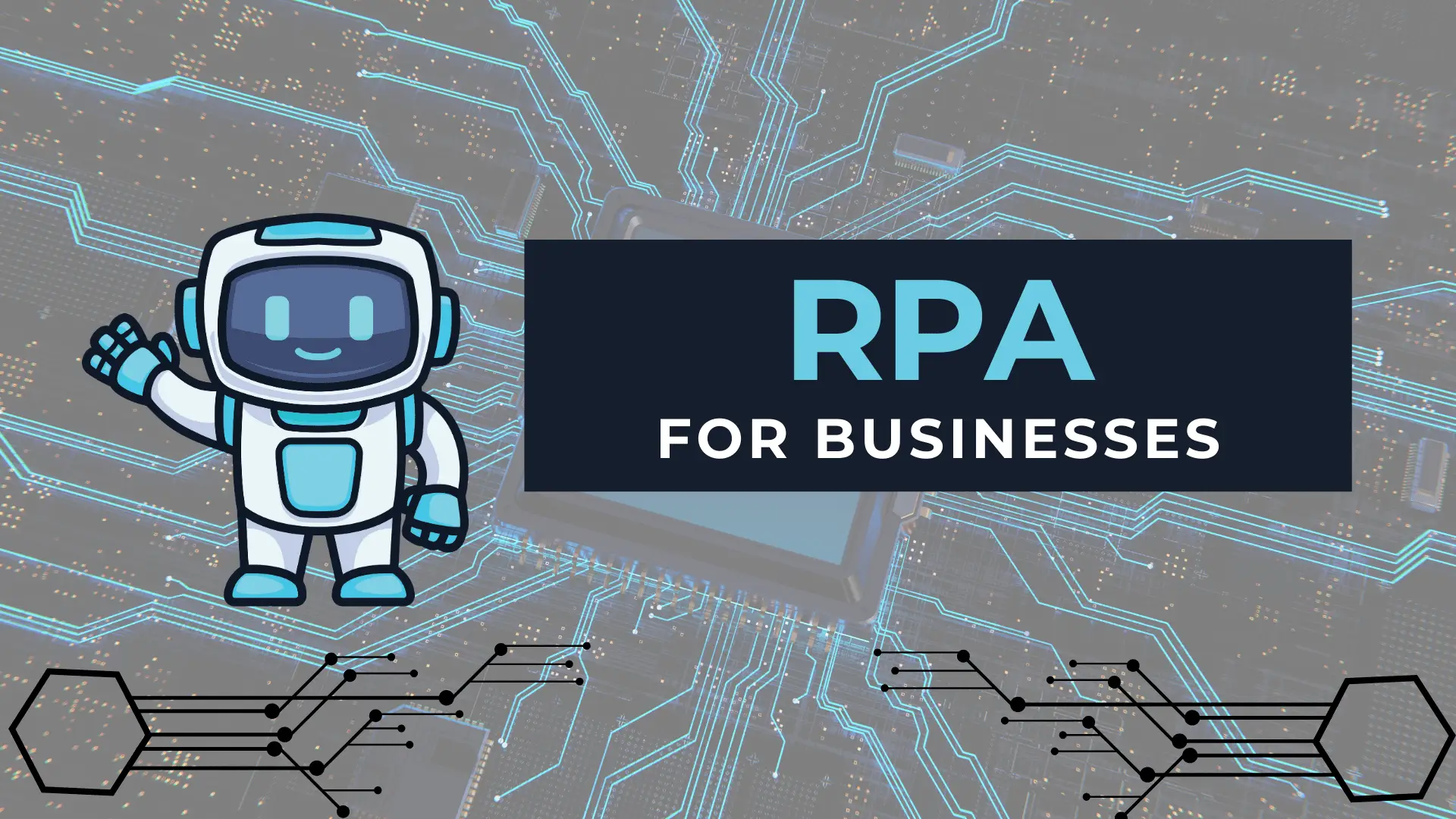The concept of smart factories has emerged as a game-changer in the manufacturing sector, driven by IoT (Internet of Things) and AI (Artificial Intelligence). These advanced technologies enable seamless communication between machines, systems, and humans, fostering unprecedented levels of efficiency and innovation. In 2024, manufacturers are leveraging IoT-enabled sensors and AI algorithms to monitor equipment, predict maintenance needs, and minimize downtime.
One of the significant benefits of smart factories is the ability to optimize production processes. By analyzing real-time data, AI-driven platforms identify bottlenecks, recommend adjustments, and ensure that resources are utilized effectively. For example, Siemens’ MindSphere IoT platform integrates seamlessly into manufacturing environments, enabling predictive maintenance and energy optimization.
Moreover, the rise of digital twins—virtual replicas of physical systems—has further enhanced manufacturing operations. These replicas simulate scenarios, allowing companies to test processes, refine designs, and prevent costly errors before implementation. As manufacturers aim for sustainability, IoT and AI also play critical roles in reducing waste and energy consumption.
Despite challenges like cybersecurity risks, the potential of smart factories to increase productivity and competitiveness is undeniable. With continuous advancements in industrial technology, the era of fully automated and intelligent factories is rapidly becoming a reality.














